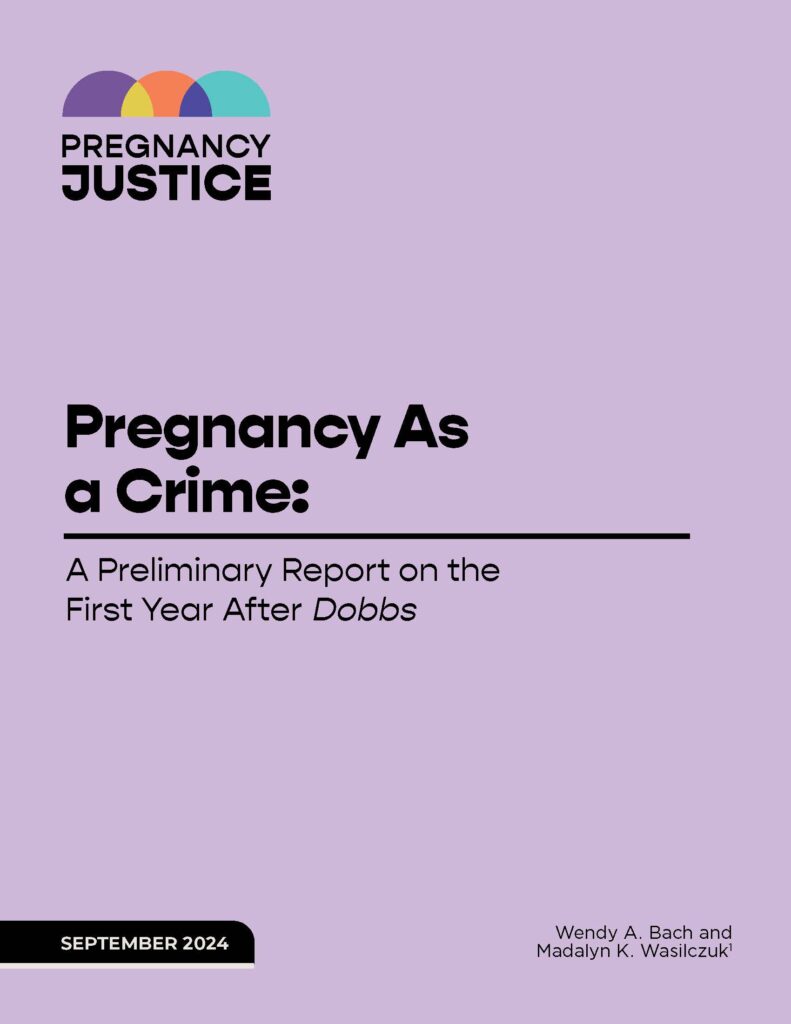Criminal Case Tracking
In Dobbs v. Jackson Women’s Health Organization, the Supreme Court allowed states to attach criminal penalties to abortion. But the criminalization of pregnancy is not new. Pregnant people in the United States (and internationally) have been investigated and prosecuted for their pregnancy outcomes and alleged behavior during pregnancy prior to the June 2022 decision in Dobbs.
Texas Criminal Case Tracking
The Sissy Farenthold Reproductive Justice Defense Project tracks criminal cases in Texas related to pregnancy and abortion, including past convictions, investigations, and pending cases, to better understand and deter pregnancy criminalization in Texas.
If you are aware of any pregnancy-related prosecutions or investigations, please contact us at reproductivejustice@law.utexas.edu.
National Pregnancy Prosecution Tracking Study
Our Project also participates in a collaborative nationwide Pregnancy Prosecution Tracking Study (PPTS) in partnership with Pregnancy Justice (formerly National Advocates for Pregnant Women), the University of Tennessee at Knoxville College of Law, and other law schools. The findings were published in a report .
The study researches prosecutions after Dobbs by gathering publicly available documents and data concerning prosecutions involving pregnancy and pregnancy-related outcomes in the U.S. filed between June 24, 2022 and June 23, 2025.
The PPTS tracks and studies cases in the following categories:
-
The initiation of any criminal prosecution and a set of factual allegations about events that happened during or concerning a pregnancy or pregnancy outcome, and in which these allegations are alleged to meet an element of the criminal offense. Such prosecutions could be brought against either the pregnant person or another individual.
-
Cases where the State imposes harsher and/or different penalties (e.g., parole or probation revocation, sentence enhancement, or modification to pretrial release conditions) on a person because the person is pregnant, even if the precipitating arrest is not associated with pregnancy. For example, a court revokes a person’s probation or bond because the person is pregnant.
If you know of an instance that may meet these criteria, or become aware of one in the future, please email us at reproductivejustice@law.utexas.edu or report the case here: https://trackingpregnancyprosecutions.org/.
If you are an attorney handling a criminal or related case, we can connect you with resources to aid in the defense of your client. Please contact us at reproductivejustice@law.utexas.edu.


